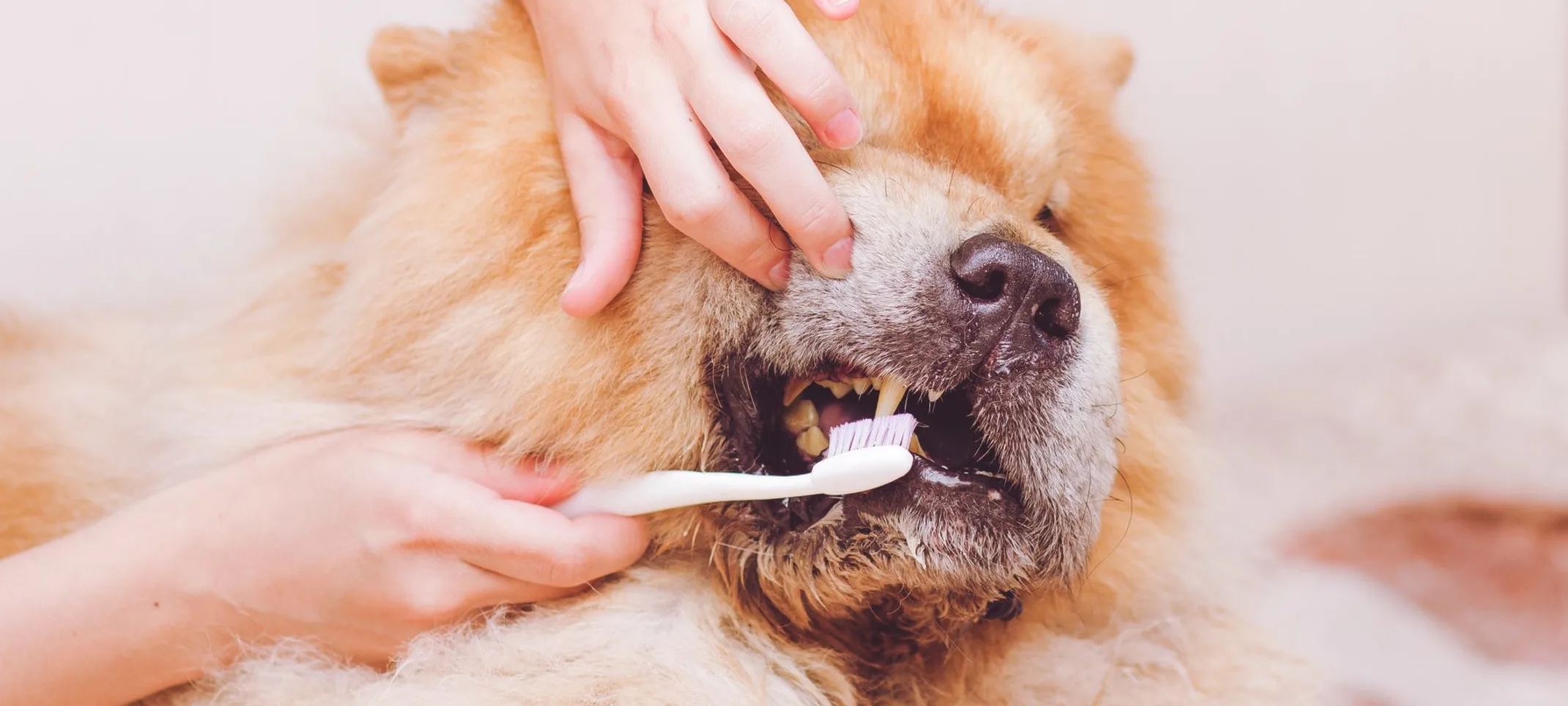Creature Comforts Veterinary Hospital
Dental Care & Surgery
Annual dental exams and cleanings are recommended by our veterinarians to protect your dog or cat from many health problems and help them maintain a healthy and clean mouth.

Cat and Dog Dental Health Overview
Studies show that 50% of all dogs and cats have some form of periodontal disease. That number jumps to 80% in pets that are 3 years of age or older. If left untreated, periodontal disease can cause infection, pain, and tooth loss over time. It can also lead to serious health problems like microscopic changes in the heart, liver, and kidneys. Because of this, the veterinarians at Creature Comforts Veterinary Hospital recommend an annual dental healthcare examination for all cats and dogs.
Why Do Dogs and Cats Need Dental Care?
Did you know many health problems start in the mouth? Plaque, tartar, periodontal disease, and infected teeth serve as a source of inflammation and infection for the rest of the body. Dental disease is one of the most common problems that we see in dogs and cats. Our veterinarians understand it can be overwhelming to learn that you dog or cat needs a dental cleaning or surgery but our team is here to ensure the procedure is worry-free.
When Should I Seek Dental Care For My Pet?
Dental issues and dental related diseases can easily be prevented by visiting our veterinarians regularly for dental examinations and cleanings. We take a comprehensive approach to dental care including dental health assessment, treatment, and prevention.
It’s important for pet owners to remain vigilant and look for signs and symptoms that may indicate that your dog or cat may require a dental cleaning or surgery including:
Bad breath
Unwilling to eat or reduced appetite
Tartar buildup or discolored teeth
Broken or loose teeth
Bleeding or swelling near the mouth
Painfulness
Unusual chewing habits, drooling, or dropping food while chewing
How Does Veterinary Dentistry Work?
Similar to your annual trip to the dentist, your cat or dog should receive a dental exam at least once a year. If you’ve seen any of the signs or symptoms listed above in your cat or dog, contact us today. We will help to schedule a pre-anesthetic physical exam for your pet to ensure they are safe to receive the treatment our veterinarian has recommended.
Dog and Cat Dental Exams, Cleaning, and Polishing
Cat and dog dental cleanings are very similar to human dental cleanings, except that we are required to use anesthesia to properly and safely examine and clean the teeth. After the teeth cleaning, our veterinarians perform a thorough oral exam and check for signs of disease like gum loss, root exposure, or pockets around the root.
Also similar to human dentistry, we do full mouth radiographs (x-rays) of your dog or cat. This allows our veterinarians to be able to evaluate the roots of your pet's teeth as well as any disease or abnormalities that are located below the gum line and not visible on examination alone.
Pet Tooth Extractions
Our veterinarians make every effort to save teeth that we feel have a chance to be successfully treated. In many circumstances, however, periodontal disease is so advanced that treatment without extraction is unsuccessful. We only extract teeth that in the doctor's opinion are beyond saving.
Minor Oral Surgery for Cats and Dogs
Many cat and dog teeth require oral surgery to safely remove each individual root. At Creature Comforts Veterinary Hospital, we have extensive training and experience to perform these procedures properly. Pain medications are administered in clinic and provided for in-home aftercare.
Does Pet Dentistry Require Anesthesia?
When you visit your dentist, you know exactly what to expect. You will need to hold your mouth open and remain calm. Your dentist will utilize techniques to minimize your discomfort and verbally checks to see how you’re feeling. Your cat or dog doesn’t understand the benefits of dental procedures so it’s very normal for them to react by moving, trying to run, or even biting.
Pet dental procedures are possible with the help of anesthesia to ensure there’s less pain and stress for your furry family member. They are able to lay still in order to avoid potential injuries. When taking dental radiographs (x-rays) it’s also critical that your dog or cat remain still so the images are clear.
Anesthesia is safer than ever and continues to improve as veterinary medicine evolves. We take all precautions to limit any risk to your pet so that they can appreciate the benefits of the dental cleaning. Your pet will be able to go home the same day after their procedure and will recover in the comfort of your home.
Importance of Brushing Your Dog or Cat’s Teeth at Home
We hope you brush your teeth every day, but what about brushing your dog’s or cat’s teeth? Veterinarians know prevention is the best way to avoid dental issues in the future and highly recommend brushing your pet’s teeth at home. Although daily brushing is not possible for most dogs or cats, even biweekly brushing can eliminate the need for periodic dental cleanings. Patience and training are key when it comes to brushing your dog or cat’s teeth at home.
In addition to brushing your pet’s teeth, there are many products that are available to improve overall dental health. At Creature Comforts Veterinary Hospital, our veterinarians recommend incorporating products backed by the Veterinary Oral Health Council (VOHC). This list includes dental diets, dental chews, dental treats, water additives, and more. Contact us today for a list of recommended products!
